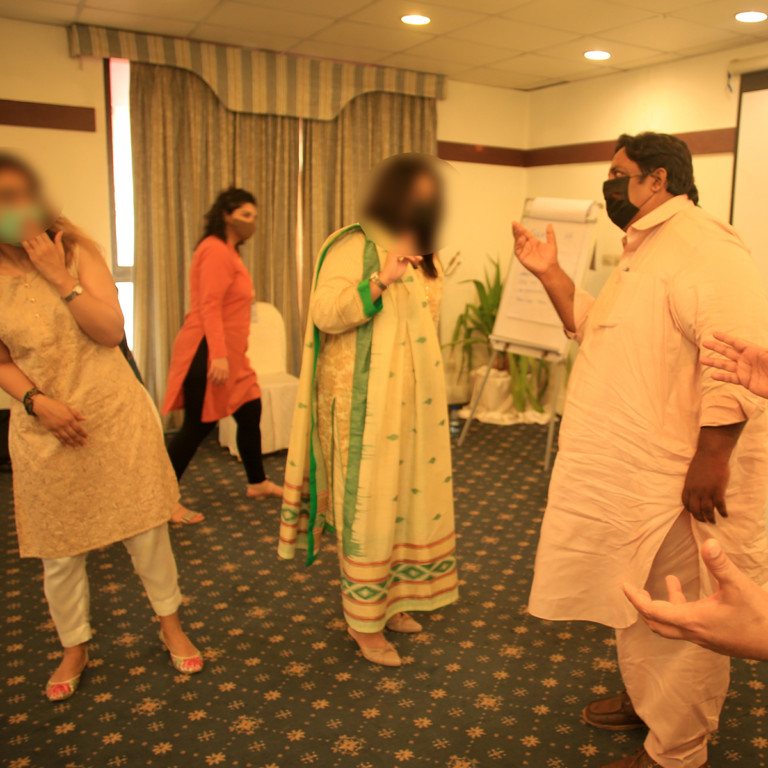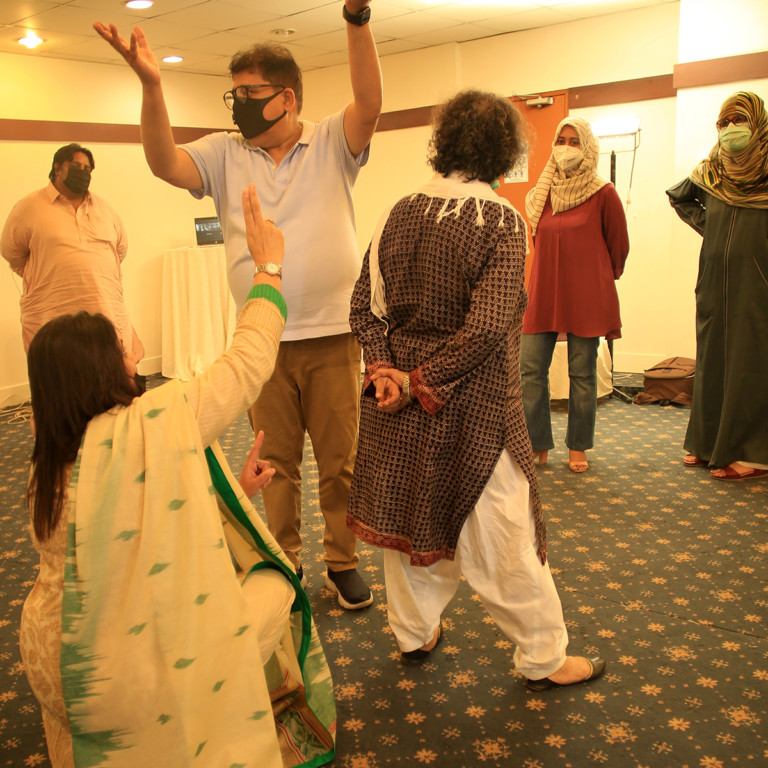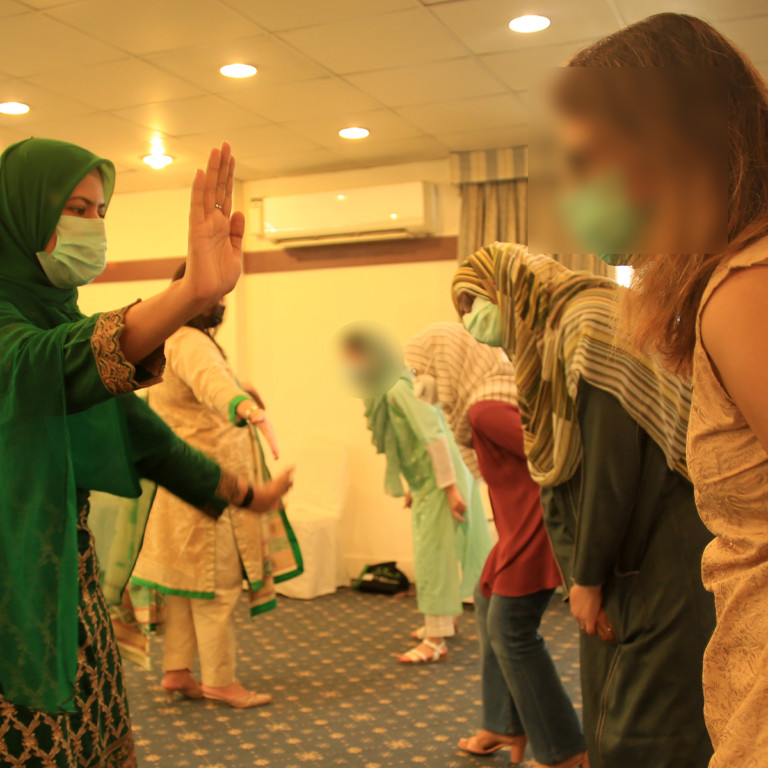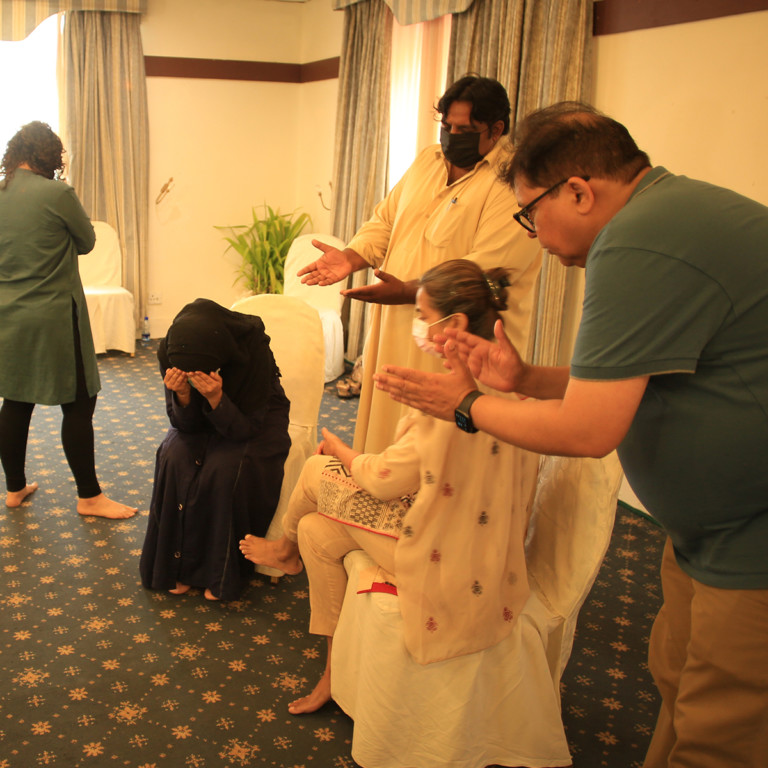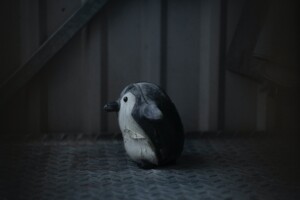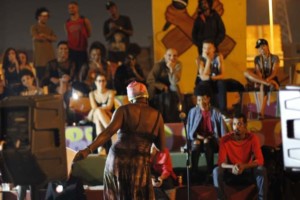PIECEs: Participatory Theatre for Psychosis
Improving the well-being of people with psychosis in Pakistan and India using a participatory theatre approach based on Augusto Boal’s Theatre of the Oppressed.

Project Overview
PIECEs is part of an international research project jointly developed by the Unit for Social and Community Psychiatry at Queen Mary University of London, the Schizophrenia Research Foundation (SCARF) in Chennai, India, and International Research and Development (IRD) from Karachi, Pakistan.
As part of this initiative, People’s Palace Projects leads participatory arts work with local partners in India and Pakistan. Built around a technique created by Brazilian theatre-maker and activist Augusto Boal in the 1970s – Theatre of the Oppressed (TO) – the research programme aims to better understand and improve the lives and well-being of people with psychosis. Our arts-based intervention has given voice to these people and engages local communities, opening up important conversations about mental illness both locally and beyond.The project also tests and adapts a low-cost app, DIALOG+, exploring how it can be used to benefit people with psychosis in India and Pakistan. Developed by QMUL Professor Stefan Priebe, the DIALOG+ app empowers patients to decide which concerns they want to discuss in a therapy consultation. It has been shown to improve mental health outcomes and reduce the need for institutionalisation and is widely used by the UK’s National Health Service (NHS) and around the world.
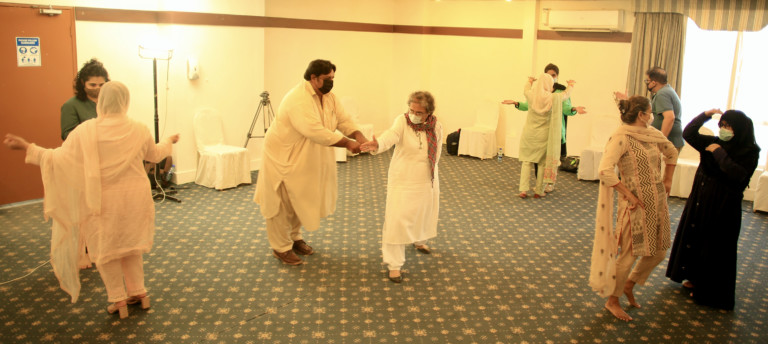
Applying Boal’s Theatre of the Oppressed
In Boal’s Theatre of the Oppressed, both audience and actors play the same role in an arena, or circle, seeking to raise and answer questions together and give voice to those who usually go unheard.
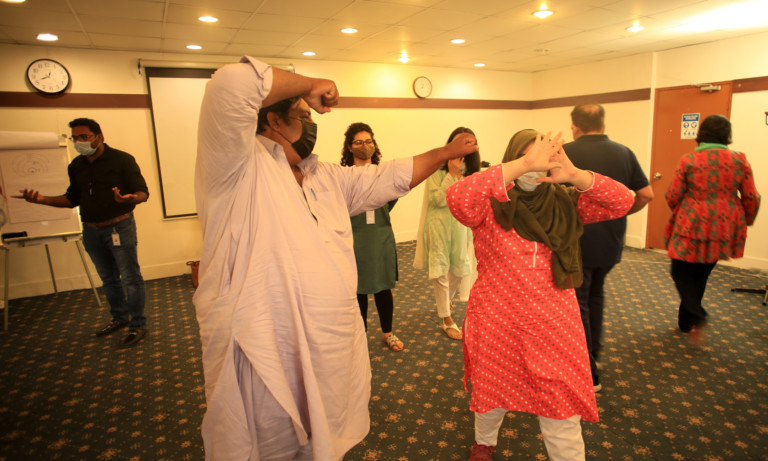
This approach is at the heart of PIECEs’ arts-based work.
By developing arts methodologies that use both verbal and non-verbal approaches, the practice allows all participants – people with psychosis, their families, health professionals and the general public – to ask and explore (often difficult, personal) questions about mental health and psychosis.
Through training sessions, seminars and workshops, PPP works with partners to share Theatre of the Oppressed techniques that can guide this arts-based work. Other interactive arts processes and cultural forms are to be developed by other local arts organisations that we are partnering with: EVAM in Pakistan and IRC in India. We also expect to create a Theatre of the Oppressed company – made up of people living with psychosis, their family members and the people who work with them – that is able to run a regular programme of interactive workshops and performances in schools, health settings and community centres.
The ambition is to support public involvement at all stages of the research. Arts practices are used to raise awareness of psychosis, help identify and tackle discrimination against people with mental health problems and better inform medical professionals of hidden issues and challenges faced by people with psychosis and healthcare professionals in the field.
The goal of the project is to inform researchers about the needs, priorities and potential of people with psychosis, their families and carers, in turn creating opportunities to tell the story of our research to wider audiences who may benefit from these new perspectives and findings.
